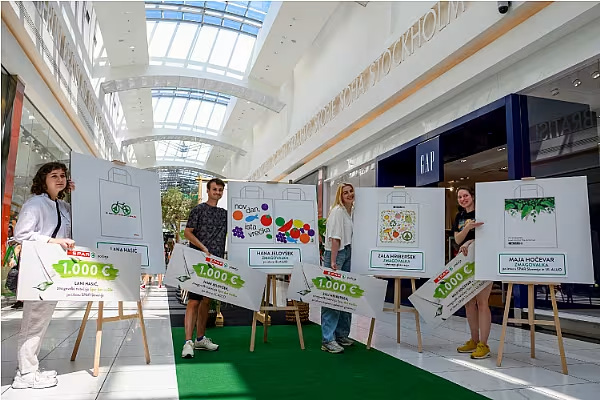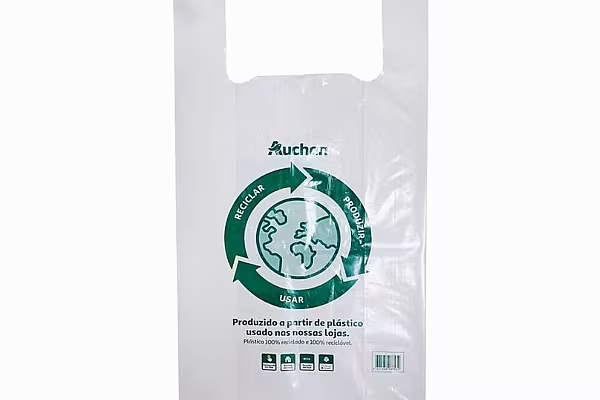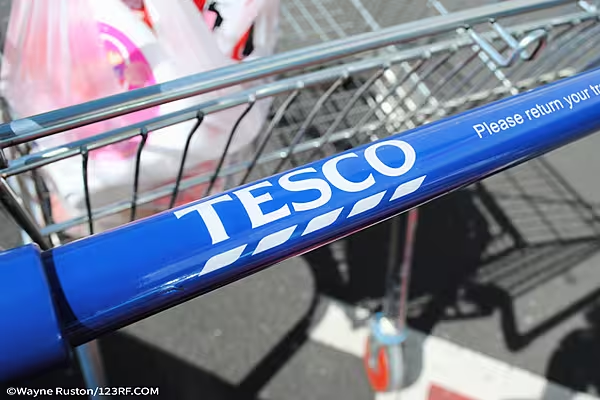Reusable shopping bags are becoming more and more commonplace, and welcomed by shoppers as a quick and easy way to enhance their sustainability footprint. Emily Newton reports.
It’s impossible to turn on a documentary about marine biology without watching a video clip of a sea turtle mistaking a plastic shopping bag for a jellyfish and devouring it.
As awareness of the impact of single-use plastic grows, stores have started providing shoppers with reusable bags as an alternative – for a fee, of course – but how many customers are using reusable shopping bags, and do they really make a difference?
Reusable Shopping Bag Statistics
Reusable shopping bags are often marketed as an alternative to disposable bags made from single-use plastics. One person using them for shopping can prevent more than 22,000 bags from ending up in landfills or waterways.
In the UK, supermarkets report having sold 1.58 billion reusable ‘bags for life’, or 57 bags for each household in Britain, since 2017. In the United States, roughly 38.68% of respondents aged between 18 and 29 report using reusable grocery bags for their shopping.
Why Do Customers Enjoy Using Them?
Adopting reusable shopping bags isn’t universal, but why are they so crucial for those who utilise them? Do they enjoy using them?
People flock to these reusable bags as a way to reduce their consumption of single-use plastics. They’re designed to be eco-friendly and recyclable, and are often made from recycled materials. They also end up being more durable and better than disposable plastics for hauling heavy grocery orders.
Customers are also fans of companies that go out of their way to reduce their environmental impact. Upwards of 85% of customers have been making greener choices with their shopping in recent years, and are more than willing to pay more for these options. Offering reusable shopping bags is a great way to bring in new eco-centric customers – at least from a marketing standpoint.
Reusable shopping bags are also a popular choice because they are sturdier than disposable, single-use plastic variants. They can carry more without breaking, which can reduce the number of trips that someone needs to make to the car when unloading groceries.
From a less eco-friendly standpoint, reusable shopping bags are a popular fashion accessory for those looking to improve their image and carbon footprint. They are available in all shapes and sizes, so fashion-conscious shoppers can match their bags to their outfits.
The Impact Of Reusable Shopping Bags
The environmental impact of reusable shopping bags depends, mainly, on the materials used in their manufacture. One study found that a cotton bag needed to be used 131 times to become carbon neutral.
Cotton might sound like a sustainable alternative to plastic, but it requires so much water to grow and energy to process that it ends up having a larger footprint than a single-use bag. The growth of cotton also degrades soil quality, especially over the long term, which takes significant intervention to repair.
This shouldn’t discourage users from bringing their reusable shopping bags to the store, but they should be particular about their chosen materials. Non-woven polypropylene – a different and sturdier type of plastic – is a popular choice, and only needs to be used 11 times to become carbon neutral.
The problem is that reusable bags have a higher upfront cost, so people are reluctant to use them when free bags are available, however, it’s often easier to buy new bags at the store than remember to bring your own each time.
Are There Any Alternatives?
Unfortunately, there aren’t any apparent alternatives to reusable or single-use shopping bags. Shoppers need to bring their groceries home from the store one way or another. The goal here isn’t to eliminate shopping bags entirely, but rather to give people an alternative to filling their local landfills with single-use plastic bags.
Those concerned about the impact of reusable shopping bags can choose those made from recycled or biodegradable materials. They may be more expensive initially, but their overall environmental impact is reduced.
Companies can offer incentives to shoppers who remember their reusable bags, such as a small discount on their groceries. Some stores, like Aldi, don’t provide bags at all, leaving the shopper to either remember his/her own or purchase plastic or paper varieties while in the store.
Creating A Sustainable Future
Still, there is no model wherein single-use plastic shopping bags could be considered truly sustainable. Plastic requires petroleum, a finite fossil fuel, and they take so long to decompose that they almost always end up in landfills or waterways.
Most people who utilise reusable shopping bags are happy to say that they enjoy using them, but even those who don’t may find that they’re necessary if we hope to create a sustainable future.
About the Author: Emily Newton is the editor-in-chief of Revolutionized magazine. She has over five years’ experience in writing for the food and beverage industry. Photo by Priscilla Du Preez on Unsplash.
© 2022 European Supermarket Magazine – your source for the latest packaging news. Article by Emily Newton. Click subscribe to sign up to ESM: European Supermarket Magazine.













